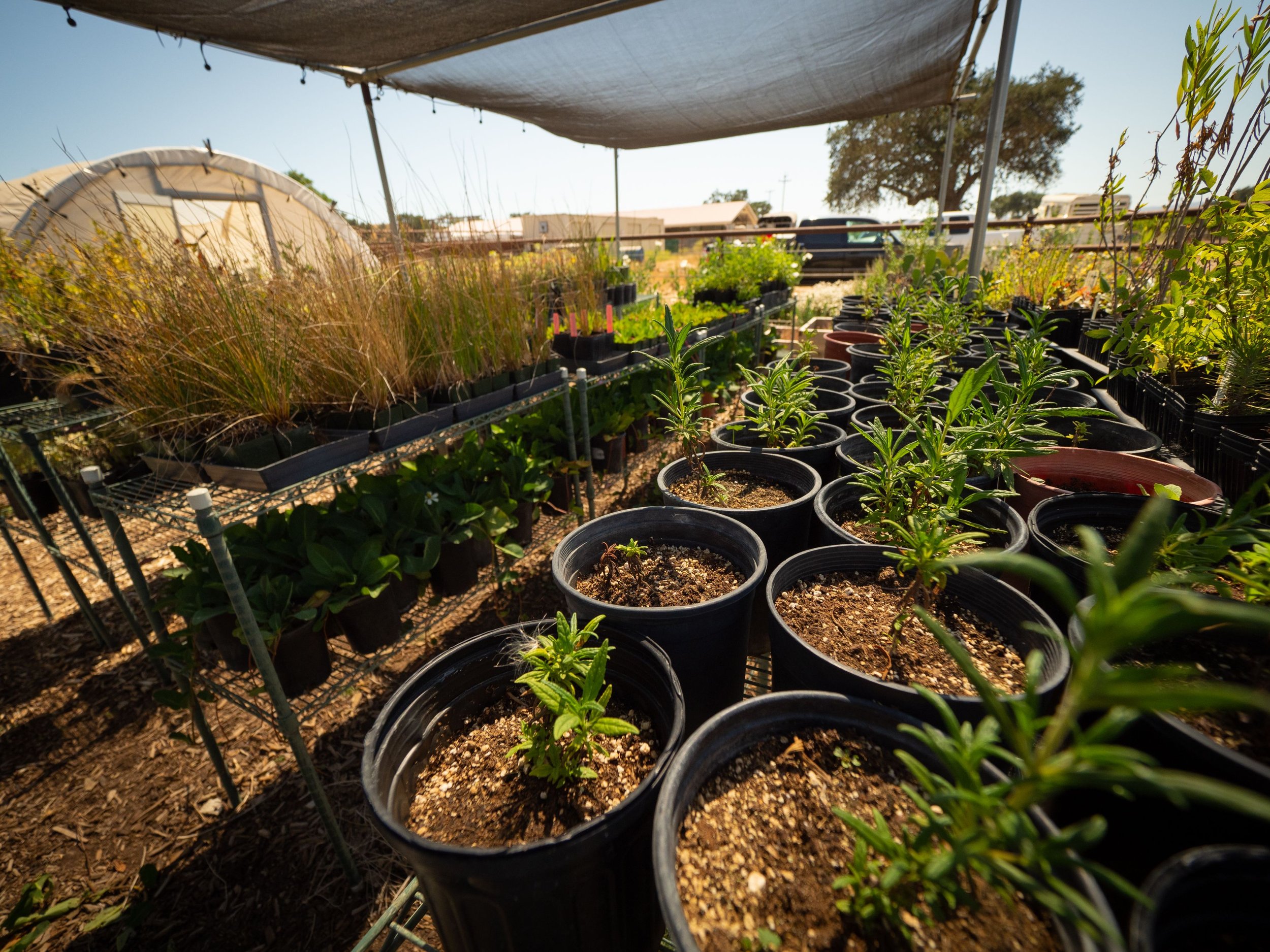Sustainability and Economic Feasibility of Biosolids-Based Biochar for Agricultural Applications

Biosolids are a nutrient-rich byproduct of wastewater treatment plants widely applied as agricultural fertilizer. Although they are an effective fertilizer, current wastewater treatment processes fail to remove harmful contaminants, such as PFAS and microplastics. Recent research has shown that pyrolyzing biosolids, or burning them at high temperatures in the absence of oxygen, eliminates these contaminants, creating a charcoal-like substance called biochar. This biochar retains many of the nutrients of the original biosolids, without the harmful contaminants, making it a possible viable soil amendment for farmers. In collaboration with the Santa Ynez Chumash Environmental Office (SYCEO), we applied this biosolid-based biochar to agricultural crops and native plants to assess how it may impact plant growth and nutrient content. The results of our crop experiment were used to assess the potential costs and benefits for small-scale farmers to implement biosolids-based biochar. Measurements of total lettuce and wheat biomass across trials indicated that adding biochar positively impacted lettuce growth and had no impact on wheat growth. With the high cost of biosolid-based biochar, the results show that high-value crops are more likely to see a return when applied as a soil amendment. Due to heavy predation, our results for the native plant element of the project were inconclusive but provided insight into how to improve future experimental designs. These results emphasize the need to assess biochar implementation on a crop-to-crop basis to support more informed decision-making for sustainable agricultural practices.
Acknowledgements
UC Santa Barbara Bren School: Dr. Arturo Keller, Distinguished Professor; Dr. Patricia Holden, Professor; Dr. Christopher Costello, Distinguished Professor and emLab Director; Dr. Kelly Caylor, Professor, Associate Vice Counselor for Research; Dr. Robert Heilmayr, Associate Professor; Zoe Sims, PhD Student; Rebecca Reynolds, PhD Student
Santa Ynez Chumash Environmental Office: Julie Colbert, Environmental Director; Diego Cordero, Environmental Technician II; Matt Monez, Environmental Technician I; Matthew Cogorno, Environmental Specialist; Jocelyn Caudillo, Environmental Program Assistant
Other Contributors: Kayla Clemens, UCSB Undergraduate; Cameron Hannah-Bick, UCSB Greenhouse Manager; Weiwei Li, Analytical Chemist; Shelby Smith, Food Systems Resilience Scientist